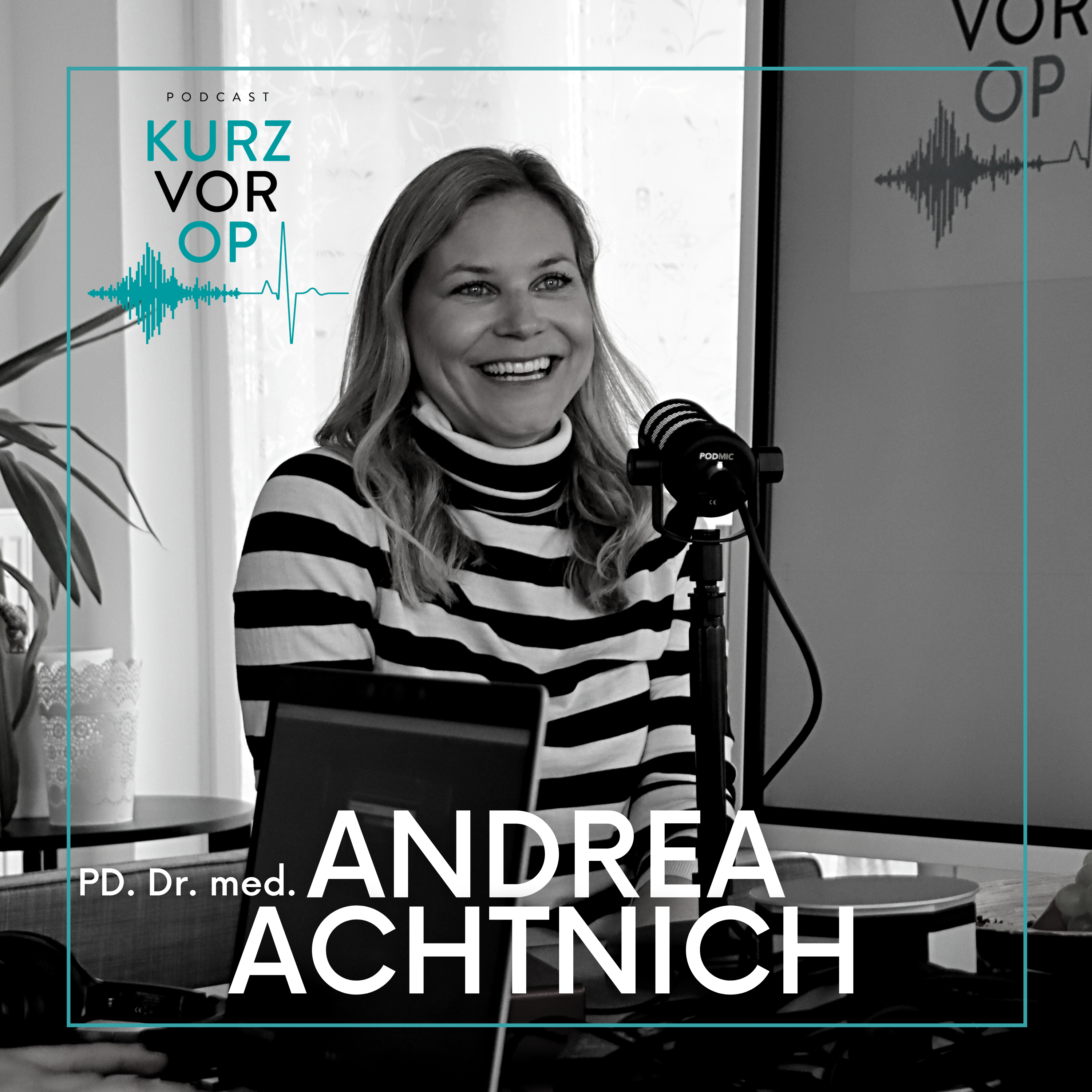► The OPED podcast Operation Imminent More information at: https://oped.de/service/podcast
Operation Imminent
Operation Imminent – the podcast for young doctors who are at the beginning of their careers. For people who want to reconcile family and work in a stressful environment. For people who want to take the lead. For people who want to improve collaboration in medicine. We take a look behind the scenes of everyday hospital life and interview personalities who speak openly about careers, leadership and collaboration.
What are we doing here?
We meet doctors who are committed. For those who are still at the beginning of their careers. For young people who want to combine work and family in a stressful environment. For managers who want to lead humanely despite high economic pressure in the clinic. We lead our listeners into the areas of the work environment that are more hidden. And have already received a lot of inspiring insights into an exciting job.
Are Women Better Managers?
Medicine is becoming female — it can be read everywhere and seen every day in professional life: 70 percent of medical students, 65 percent of medical graduates, but only 18 percent of those working in surgery are female. The conclusion is clear to many: women do not want to work in surgery. But is it really like that?
PD Dr. med. Andreas Achtnich is senior physician in the sports orthopedics department at the Klinikum rechts der Isar at the Technical University of Munich.
The department for sports orthopedics is characterized by the most modern, restorative procedures such as cartilage replacement and demanding corrective operations. The top priority is the early functional restoration of joint, tendon or muscle function. This enables patients to quickly regain their performance capabilities in everyday life, at work and in (professional) sport. The team of joint specialists looks after a large number of national sports associations, e.g. the German Ski Association or FC Bayern Munich.
The renowned sports orthopedics looks after amateur and competitive athletes, including soccer stars such as Jerome Boateng and Bastian Schweinsteiger.
Studies show how important it is to exercise well prepared. If you complete a sport-specific warm-up and prevention program, the risk of knee joint injuries can be reduced by up to 27 percent overall — the risk of injuring the anterior cruciate ligament by as much as 51 percent.
Dr. Andreas Achtnich health tip:
Invest some time in a specific exercise program to protect yourself from injury. Of these, z. B. “Overhead athletes” such as tennis or golfers also benefit. Such special training programs are offered by personal trainers, for example, and can also be viewed on websites. You should exercise regularly at least twice a week.
In the case of an acute meniscus injury, specialists try to preserve the largest possible portion. If this succeeds, the long-term prognosis for the development of osteoarthritis is better. Experts are currently working on making the meniscus transplant procedure more accessible in Germany as well.
